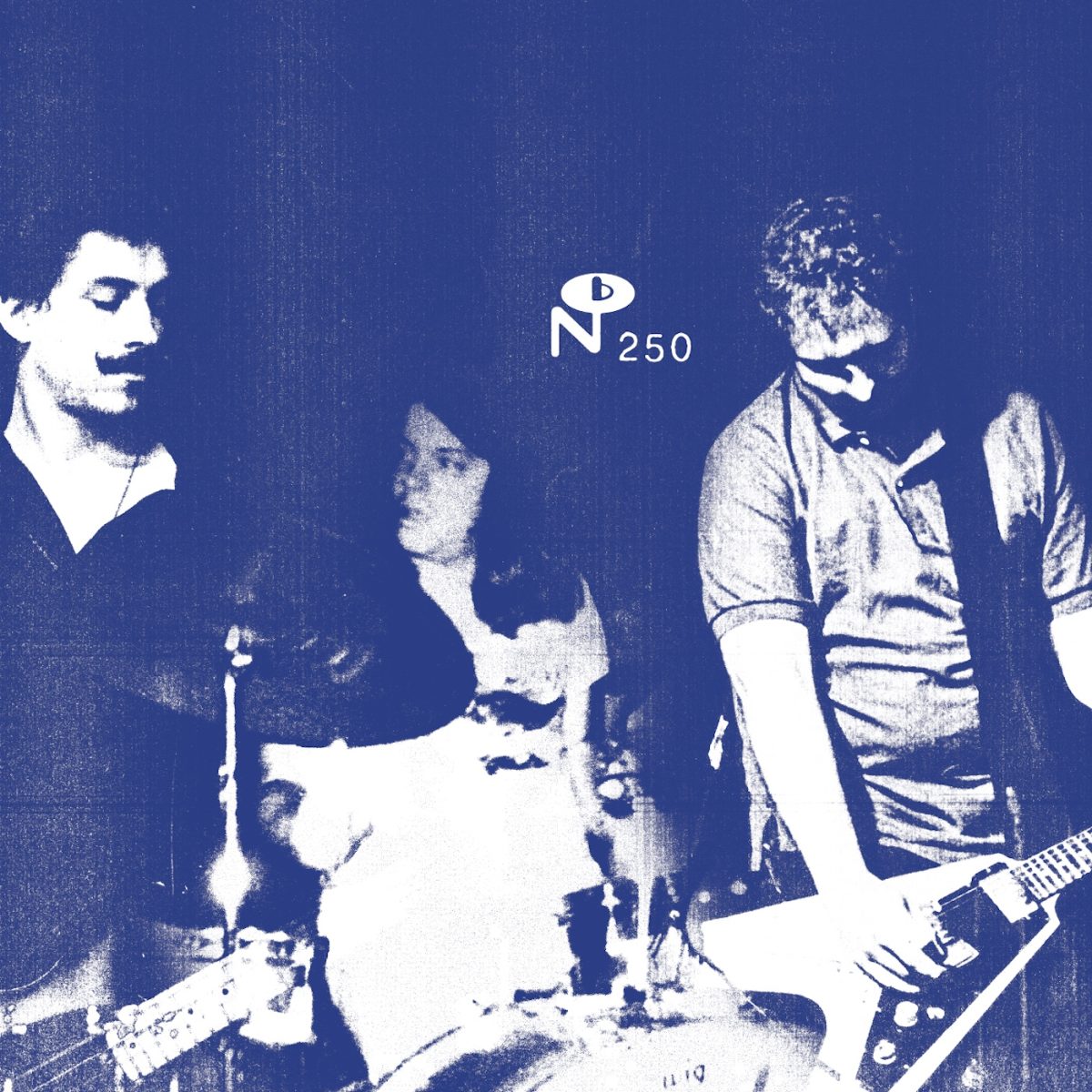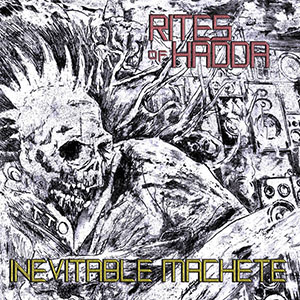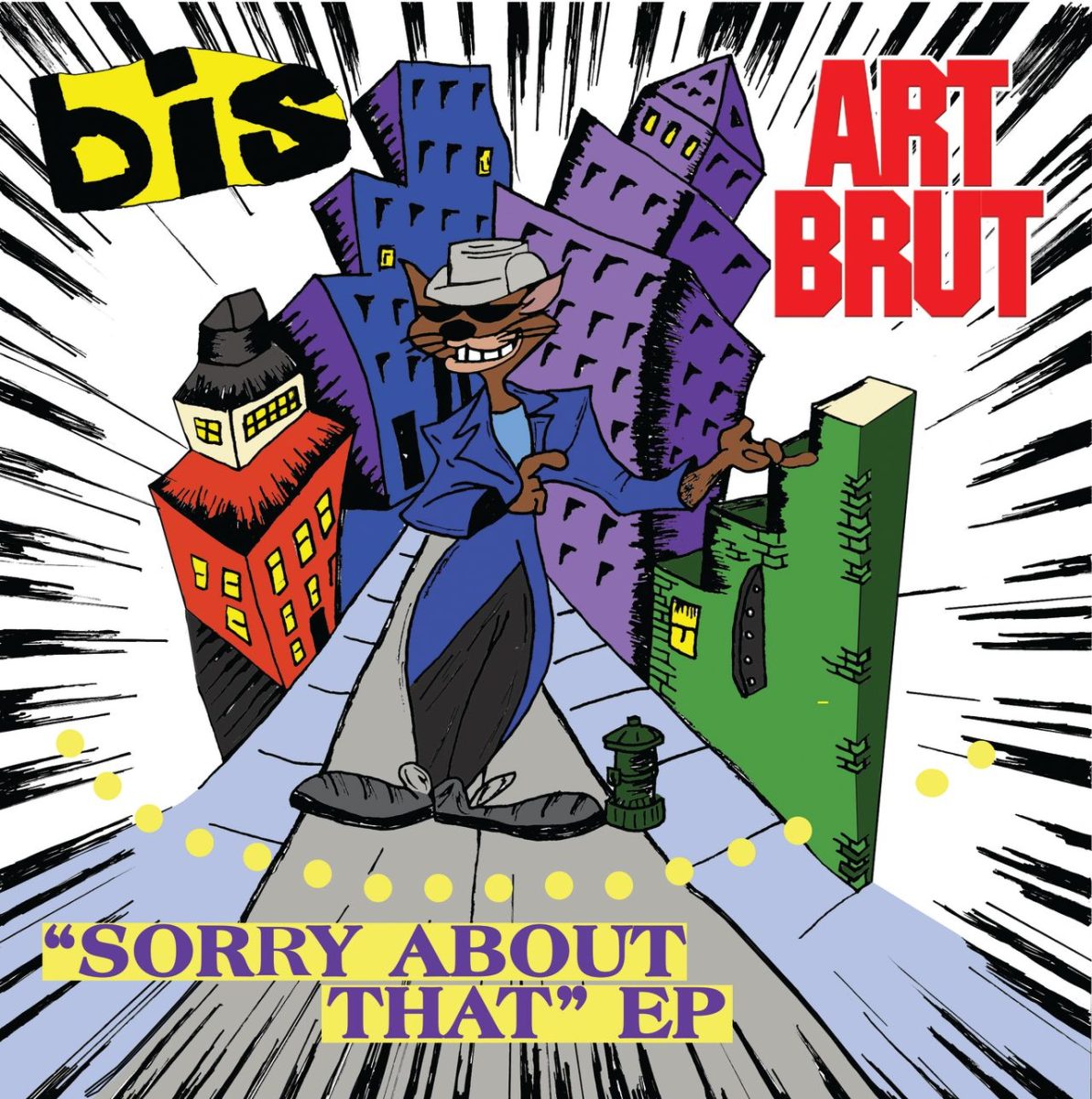Hüsker Dü: 1985: The Miracle Year
Vinyl 4 LP Boxset, Download, CD
Out 7 November
Our Score
A momentous slab of high quality design in a deluxe 4 LP box set, a snapshot of giants at play and the sound of three barely contained masters at work. MK Bennett swoons appropriately.
Everything echoes.
It was a miracle year, in hindsight. By any metric. Both mainstream ( Brothers In Arms ) and alternative at the time, 1985 gave us Meat Is Murder, Fables Of The Reconstruction, The Head on the Door, Psychocandy and an embarrassment of riches that would stretch to the end of a decent-sized road. Clearly, something was in the air, or those mid-sixties latchkey kids had all come of age more or less simultaneously, resulting in a Haley’s Comet-like accidental or intentional collision of everyone’s most iconic work. HD’s miracle year gave us two classic albums in that same year, the beauty, no doubt, of having two songwriters constantly fighting for attention and space. New Dawn Rising and Flip Your Wig were classics then and remain classics now. In a space of just over two years, between 84-86, they released FOUR perfect albums. Then they signed to a major label, slowed down and made a couple more, casually.
The collective force of Hüsker Dü, the short arc of a career that defined the idea of a black hole, was by any stretch a seismic musical event. Greg Norton, Bob Mould and Grant Hart chanced upon the blueprint for every independent minded guitar-based outfit since, though royally fucking themselves in the short term, as it stands their legacy is almost untouchable, a sprawling canvas of bruised and broken-hearted anthems to love and its effects that will likely remain unequalled.
Though the similarities to The Beatles have been previously noted, it is not just the obvious fact that, talented as they all were, none reached even close to their own genius post break-up or that their highly influential recorded output was made and released in an incredibly short space of time. Still, the sheer scale of their influence is almost impossible to determine. Like Lennon and McCartney, they had formed a rock n roll band that got out of hand, and for a short time, they were the best band in the world. While the Beatles were competing with Dylan and The Beach Boys, the SST roster was alive with brilliance and experimentation at the time; label boss (and Black Flag guitarist) Gregg Ginn may have been a terrible bean counter, but he was a hell of an A&R man.

Generally, live tracks are record company flotsam, any old badly recorded shit from an off night in Mediocre, Idaho, so uneventful that they can’t remember playing the gig at all. Mercurial events are rarely a matter of record; more often it’s word of mouth and hearsay, the Sex Pistols at the Free Trade Hall. So, a gig at First Avenue in Minneapolis on January 30th shouldn’t necessarily raise any eyebrows or draw your interest. An average day that turned into a minus eleven degree night, and a gig that saw the band playing the old songs and mixing in the new, creating an alchemy that still ripples down the years, not just for those who were there and remember, but for those still trying to catch the same stars that these three boys caught and released. Every pop-punk band that ever existed owes them, Norton’s miraculous moustache and Mould’s Flying V included.
The first four sides, the 20 songs that make up the recorded gig, are a fireball, a tangled mass of kinetic energy fighting against itself to stay afloat. That critical mass was part of what made them who they were; HD had ambition; it was maybe the thing that tore them apart. American ( SST’s ) punk ethos 101 was corporate rock sucks ( later the title of an excellent book about the era by Jim Ruland ). Arguably, it’s the sound of these three disparities that made them unique — the three horses pulling in opposite directions, eventually pulled apart. You can hear it crackling in the air before New Day Rising itself even starts, then Hart absolutely flies into the song, and Norton and Mould join in; they sound as if they are running away from, and toward, a pack of wolves. The sound here, remastered by Beau Sorenson, is as close as allows to standing in a club, with all its imperfect acoustics, and is likely as not the most dynamic restoration of a Husker Du performance that exists. As the old ad goes, it’s like you’re in the room.
After New Day Rising, the pop genius of It’s Not Funny Anymore, Harts impressive doubling up of the vocal and drum duties at considerable speed and only the second song in, just shows how simpatico and /or well rehearsed they were, setting the tone for the surface level chaos that was their trademark. In reality, the individual peaks of musicianship are very easy to isolate. Bob Mould’s guitar is a marvel in particular, like a wild horse he is attempting to pacify, always on the edge of escape, so alive in the moment he may well be bleeding, it is way past technical, sitting in some heaven, and as free and elevated as anything you can think of. Everything Falls Apart is a great example of the dual vocal thing they did to varying degrees, though each generally took lead on their own songs; the voices were so perfect together, Mould’s gruff punk baritone mixing with Hart’s higher pop-infused timbre just happened to fit with wonder, and is, to this day, an immediately recognisable combination. Live, this colour bleeds over the lines and into the vocals, a collision of opposites resting like jigsaw pieces, subconsciously harmonious. They do this for the whole gig, and if the second set of discs is any indication, the whole tour.
The Girl Who Lives On Heaven Hill, from New Day Rising, slows the pace a little, but not the intensity and proves the ramshackle theory of vocal arrangement, as they cut in and out and across each other until the chorus, which magically coalesces into a perfect fusion of bait and switch sound. The Ramones meets The Byrds squall of forward momentum of I Apologize comes next, another vocal battle, before If I Told You kicks you in the heart. The dry brilliance of Folklore and the mighty Every Everything hurtle through, leaving vapour trails of hurt, seconds long but still lingering. They weren’t just great songwriters but great poets too; the song titles alone tell a story before a word is spoken or sung, as Makes No Sense At All illustrates. A song of hooks within hooks ( “ Walking around with your head in the clouds, makes no sense at all..” ) and a classic slice of post-pop-hardcore, finds Mould shredding the strings like they owe him drug money.
Terms of Psychic Warfare, another stellar title and another song like many here, that clocks in at well below 2 minutes but is no less memorable, starts like The Clash but veers off to 60s garage on a dime, seamlessly fitting together as all their songs do, spit, sawdust and magic. Powerline and Books About UFOs follow, the latter a joyous pop song wrapped in barbed wire, a moment of actual beauty where the vocals once again join in harmony, the former another great shouted chorus, as if the words are being forced out. Broken Home, Broken Heart, from Zen Arcade, blisters through, almost falling apart but never imploding; the guitars simply stun. Next up, another accepted Hüsker Dü classic, Diane, Hart’s ode to a murdered woman, sung from the killer’s point of view, it’s not a lyric of empathy but the howl of the chorus, the frustrated pain of knowing, is apparent here, as Hart sounds like he’s trying to escape his own skin, powerless and doomed only to observe and report. The almost Joy Division adjacent song, with Norton’s magnificent upfront bass line and Mould’s sheet metal guitar belies the idea that the earlier songs are all hardcore punk, the slow burn here being doubly effective in context.
Hate Paper Doll is one of Mould’s upbeat Beatles referencing pop songs, a break from the previous melancholia, then the pure crystalline pop of Green Eyes, alive with apparent majesty, appears from the sweat fog of memory and sings its feedback covered melody, sweet and awkward. The volcanic circular riff that engulfs Divide and Conquer, locked into the drums as Mould rallies against the world ( and predicts the internet ), positively seethes with unbroken tension as it shudders through its runtime, another highlight in a set of glittering jewels. Hart’s staggering Pink Turns to Blue is next up, a highlight of Zen Arcade, as Mould becomes an accidental guitar hero, segueing perfectly into their version of The Byrds Eight Miles High, which they break down to its component parts and rebuild, seemingly in real time. Screaming his way through the words he can’t remember, he rudely and violently assaults his guitar before leaving it to feedback wonderfully. He proto-metal splendour of Out On A Limb, reminiscent once again of Joy Division, lashes out via Hart’s drums, an underappreciated gem that fades into Helter Skelter, another proto-metal song of a slightly older vintage. It’s a frantic yet controlled version, Mould’s brilliance once again pre-eminent, poised, as the three of them, maybe released from the specifics of their own songs, head for glory. This, in turn, heads straight for what is arguably Husker Du’s ground zero, a bullet train ride through Ticket To Ride, raw but faithful, the chiming bell of Mould’s guitar now clear in the mix.
They finish the set with Love Is All Around, the theme to The Mary Tyler Moore Show. You imagine if you saw the band on this tour, that you didn’t so much attend a gig as bear witness, like watching Ali fight or Pele play, art is being made before your eyes, the greatest proof that you were ever here at all.
The second half, sides E–H, subtitled More Miracles, is a mixture of stone Du classics and album tracks recorded in various cities across America and Europe. The highlights are many and substantial, including, on the first side alone, Don’t Want To Know If You’re Lonely, Hardly Getting Over It and the apex genius of Sorry Somehow. The second act lacks the fidelity of the first, but these songs, these songs. Never Talking To You Again proved eventually to be prophetic, but they shone for a time, brief and beautiful.
They were a rejection of convention, and a release, for themselves and from themselves, and people reacted because they felt seen. Without Hüsker Dü, there is no Pixies, no Nirvana. They exist now as the blueprint and the example. Their name, translated, means “ do you remember ?”. Culture is a circle and everything echoes, and we do remember. A perfect document, then, a capsule to shoot into space.
All words by MK Bennett, you can find his author’s archive here plus his Twitter and Instagram
A Plea From Louder Than War
Louder Than War is run by a small but dedicated independent team, and we rely on the small amount of money we generate to keep the site running smoothly. Any money we do get is not lining the pockets of oligarchs or mad-cap billionaires dictating what our journalists are allowed to think and write, or hungry shareholders. We know times are tough, and we want to continue bringing you news on the most interesting releases, the latest gigs and anything else that tickles our fancy. We are not driven by profit, just pure enthusiasm for a scene that each and every one of us is passionate about.
To us, music and culture are eveything, without them, our very souls shrivel and die. We do not charge artists for the exposure we give them and to many, what we do is absolutely vital. Subscribing to one of our paid tiers takes just a minute, and each sign-up makes a huge impact, helping to keep the flame of independent music burning! Please click the button below to help.
John Robb – Editor in Chief






Leave a Reply